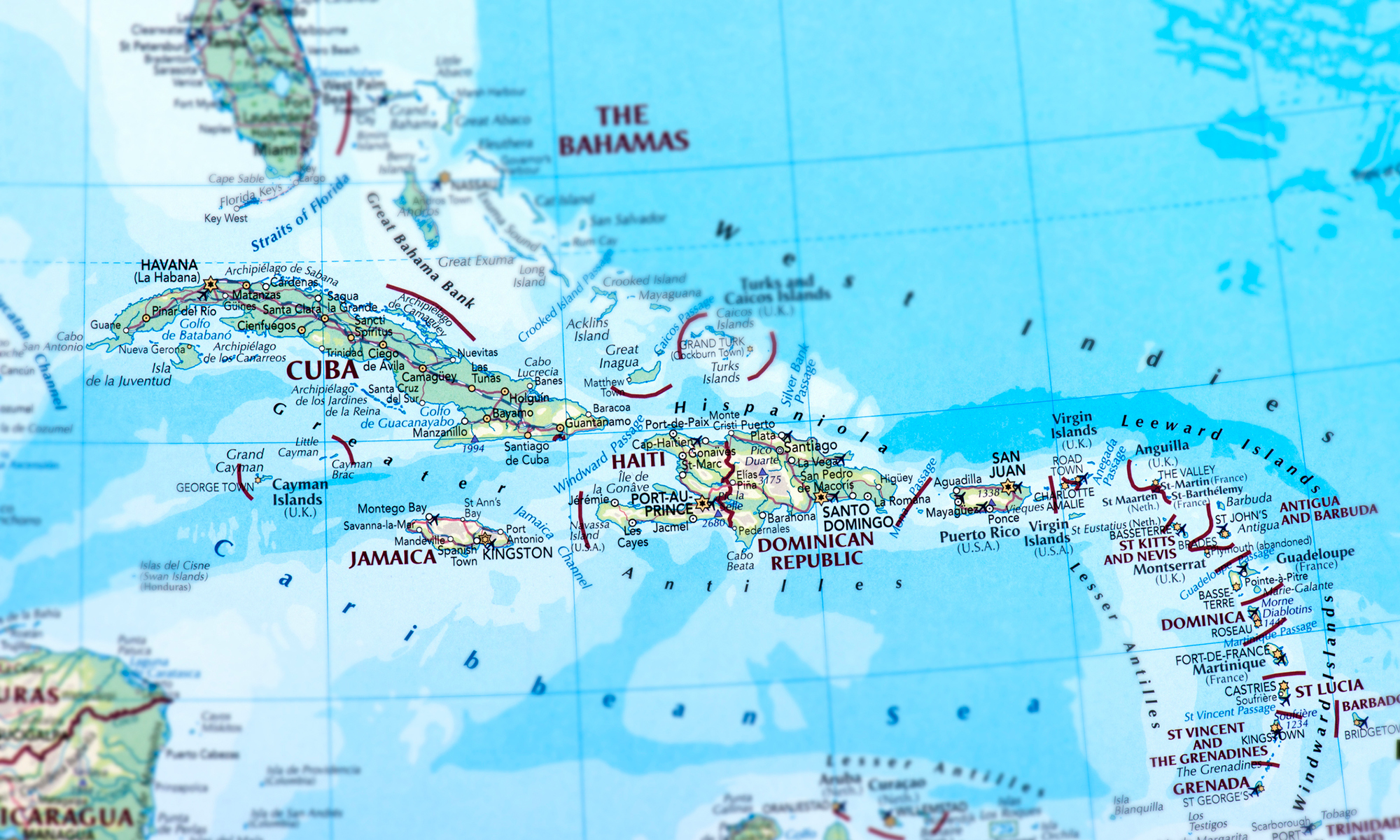The Cuban government recently issued rules and regulations for companies that will operate in the first free-trade manufacturing zone in Cuba. Located in the Port of Mariel, thirty miles west of Havana, the Mariel Special Development Zone will house manufacturing plants that assemble and make products for both domestic and international markets, as well as a megaport designed to eventually replace freight operations at the Port of Havana which cannot accommodate large ships. A highway and railroad infrastructure is also being built to provide access to the zone.
Continue reading “Cuba Prepares For Its First Free-Trade Manufacturing Zone”
